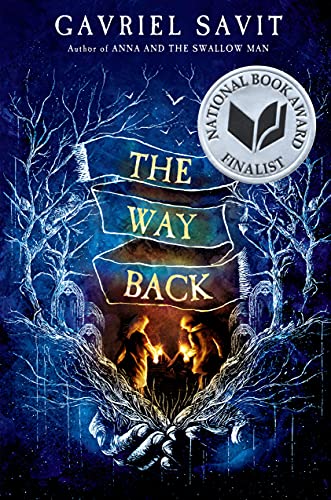What do you think?
Rate this book


384 pages, Paperback
First published November 17, 2020


"'Wouldn't the army...' Yehuda Leib swallowed as he looked for the word. 'Change me?'
The stranger nodded. 'It would. As will all things.'
'I don't want to be changed.'
'That,' said the Dark Messenger, 'is unavoidable, I am afraid. If you wish to live.'"
"The living can change things- the world around them, even themselves, if they work hard. If you manage to linger after your death, you find quickly that your influence fades."
"And as hard as she ran, she was beginning to understand, Death would always follow. She always came back."
"Two are required to meet in friendship. And to decline to shake the outstretched hand because someday it will no longer be there is as foolish as to decline to eat dinner because someday the plate will be empty. Nothing at all is permanent. Not even you."